- Home
- About Us
- Products
- TD High-efficiency And Energy-saving Circulating Pump
- TD High-efficiency And Energy-saving Circulating Pump Accessories
- Pipeline Pump
- Pipeline Pump Accessories
- Sewage Pump
- Sewage Pump Accessories
- LG Multi-stage Pump
- LG Multi-stage Pump Accessories
- Cooling Tower Circulation Pump
- Electric Motor
- Electric Motor Accessories
- News
- Contact Us
- Home
- About Us
- Products
- TD High-efficiency And Energy-saving Circulating Pump
- TD High-efficiency And Energy-saving Circulating Pump Accessories
- Pipeline Pump
- Pipeline Pump Accessories
- Sewage Pump
- Sewage Pump Accessories
- LG Multi-stage Pump
- LG Multi-stage Pump Accessories
- Cooling Tower Circulation Pump
- Electric Motor
- Electric Motor Accessories
- News
- Contact Us
Web Menu
- Home
- About Us
- Products
- TD High-efficiency And Energy-saving Circulating Pump
- TD High-efficiency And Energy-saving Circulating Pump Accessories
- Pipeline Pump
- Pipeline Pump Accessories
- Sewage Pump
- Sewage Pump Accessories
- LG Multi-stage Pump
- LG Multi-stage Pump Accessories
- Cooling Tower Circulation Pump
- Electric Motor
- Electric Motor Accessories
- News
- Contact Us
Product Search
Exit Menu
What types of waste and debris can sewage pumps handle?
Sewage pumps are designed to handle various types of waste and debris commonly found in wastewater systems. Some of the waste and debris that sewage pumps can handle include:
Sewage pumps are capable of moving human waste, including feces and urine, from residential, commercial, and industrial sources.
Toilet paper is a common component of sewage systems and is designed to break down and be easily transported by sewage pumps.
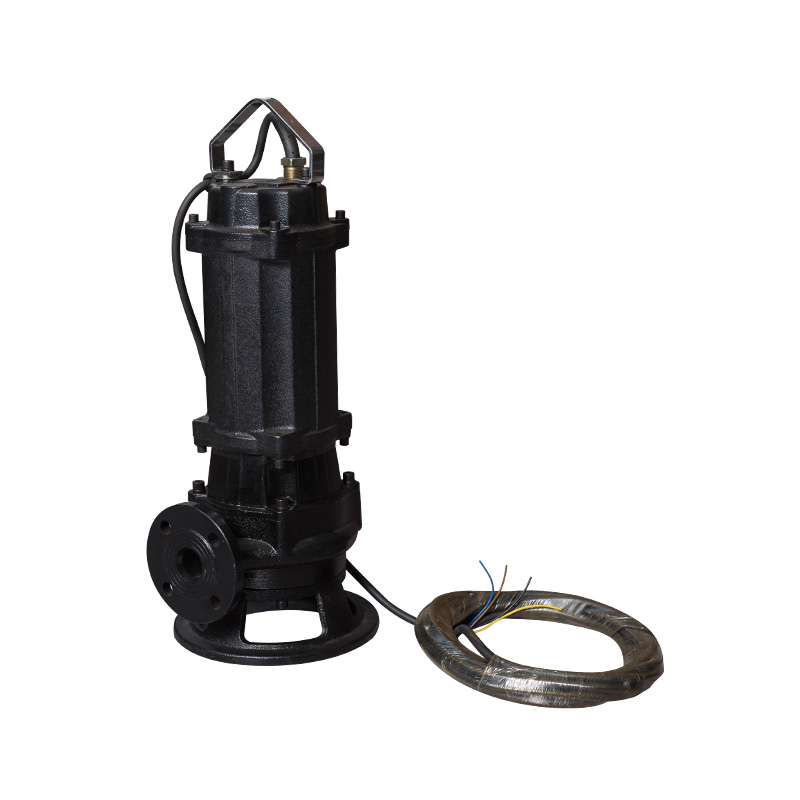
Sewage pumps can handle organic matter such as food waste, plant material, and other biodegradable substances commonly found in wastewater.
Sewage pumps are capable of handling solid waste materials such as small rocks, gravel, sand, and other debris that may be present in wastewater.
Sewage pumps can transport grease, oils, and fats that accumulate in wastewater from kitchens, restaurants, and food processing facilities.
Sewage pumps are often equipped to handle certain chemicals and detergents that may be present in wastewater from commercial and industrial sources.
Sewage pumps can handle dissolved gases such as carbon dioxide and methane that are naturally present in wastewater.
While sewage pumps are designed to handle toilet paper and human waste, they may struggle with non-flushable items such as feminine hygiene products, baby wipes, cotton swabs, and other foreign objects. These items can cause clogs and damage to sewage pumps if flushed down the toilet.
It's important to note that while sewage pumps are capable of handling a wide range of waste and debris, they may have limitations depending on factors such as pump size, capacity, and design. Proper maintenance and adherence to best practices, such as avoiding flushing non-flushable items, can help ensure the efficient operation of sewage pumps and prevent clogs or damage.
Related Products
-
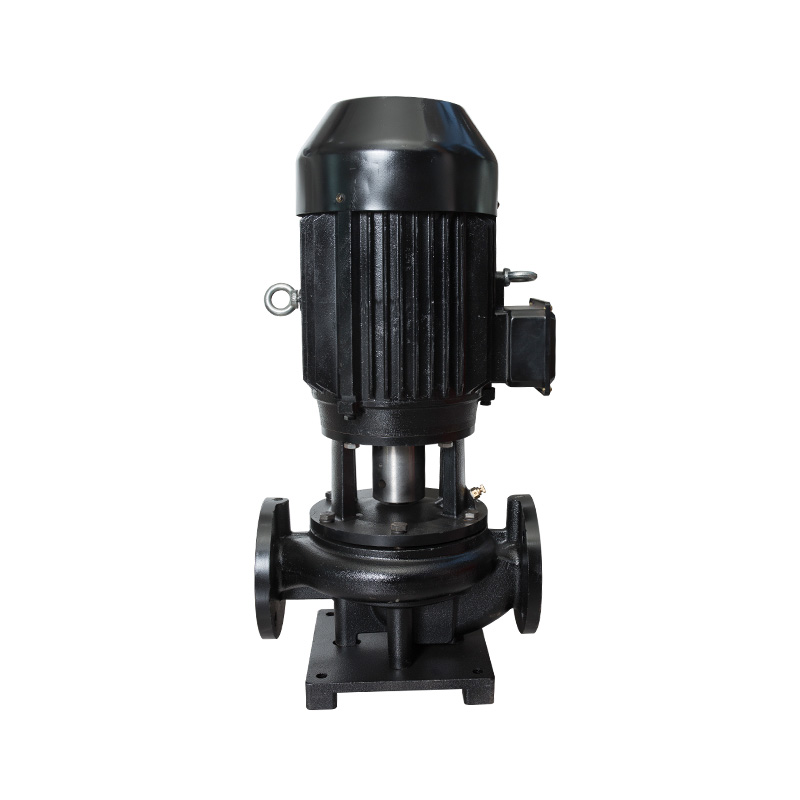
Vertical TD high-efficiency and energy-saving circulation pump
Cat:TD High-efficiency And Energy-saving Circulating Pump
The TD type single-stage pipeline circulation pump is a green, environ...
See Details -

Vertical TD high-efficiency and energy-saving circulation pump body
Cat:TD High-efficiency And Energy-saving Circulating Pump Accessories
Vertical TD Energy Efficient Circulating Pump Pump Body is the shell o...
See Details -
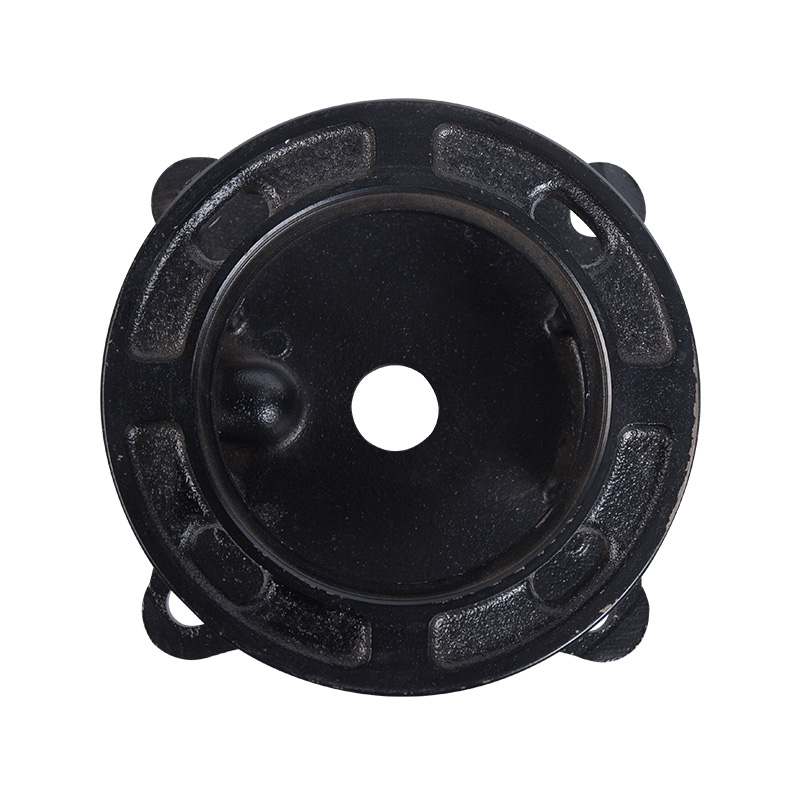
Pipeline pump B14 pump cover
Cat:Pipeline Pump Accessories
The pipeline pump B14 pump cover is a specific type of pump cover for ...
See Details -
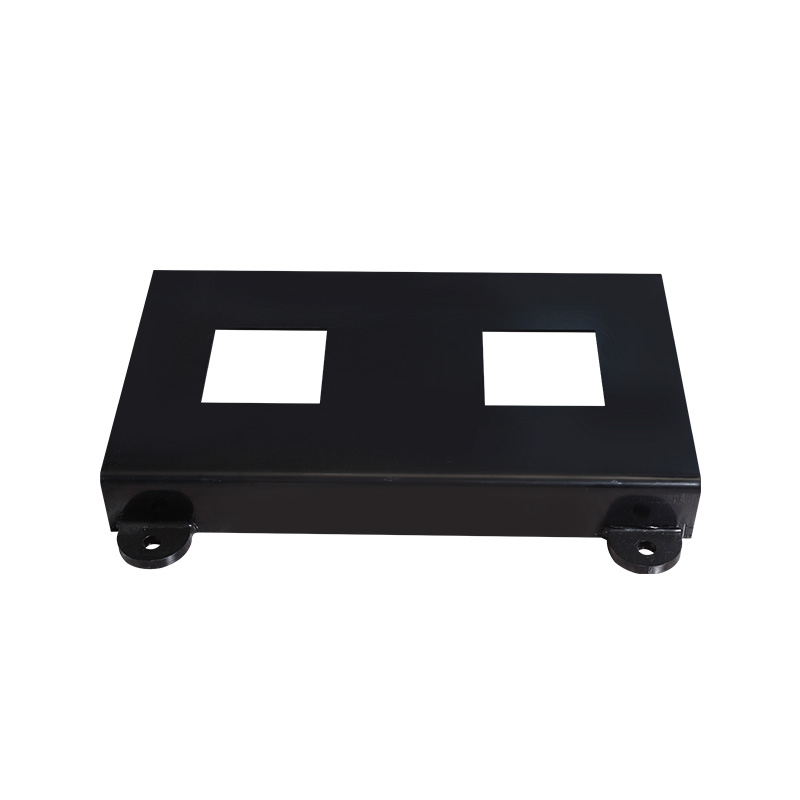
Pipe pump horizontal base
Cat:Pipeline Pump Accessories
The pump base serves to support and secure the pump casing. Horizontal...
See Details -
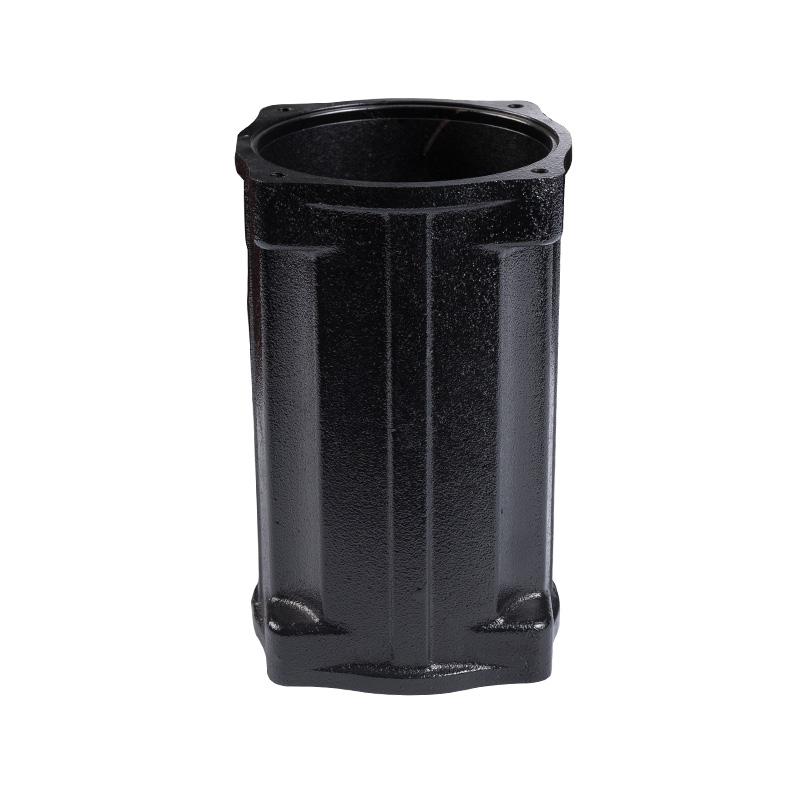
Sewage pump casing
Cat:Sewage Pump Accessories
The casing of the sewage pump unit plays a role in protecting the inte...
See Details -
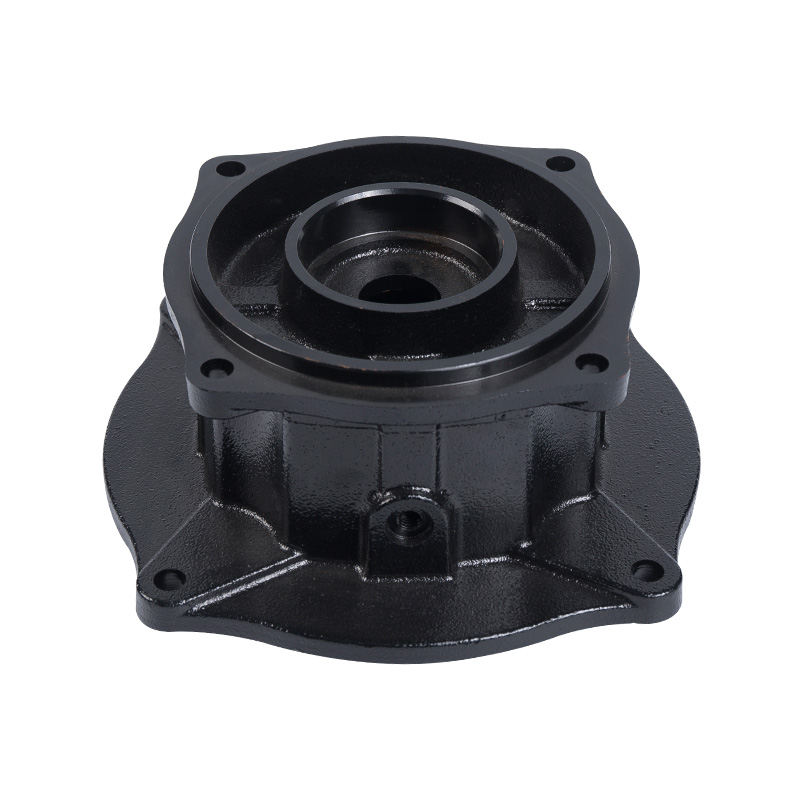
Sewage pump tank
Cat:Sewage Pump Accessories
The oil in the oil chamber, in addition to lubricating the mechanical ...
See Details -
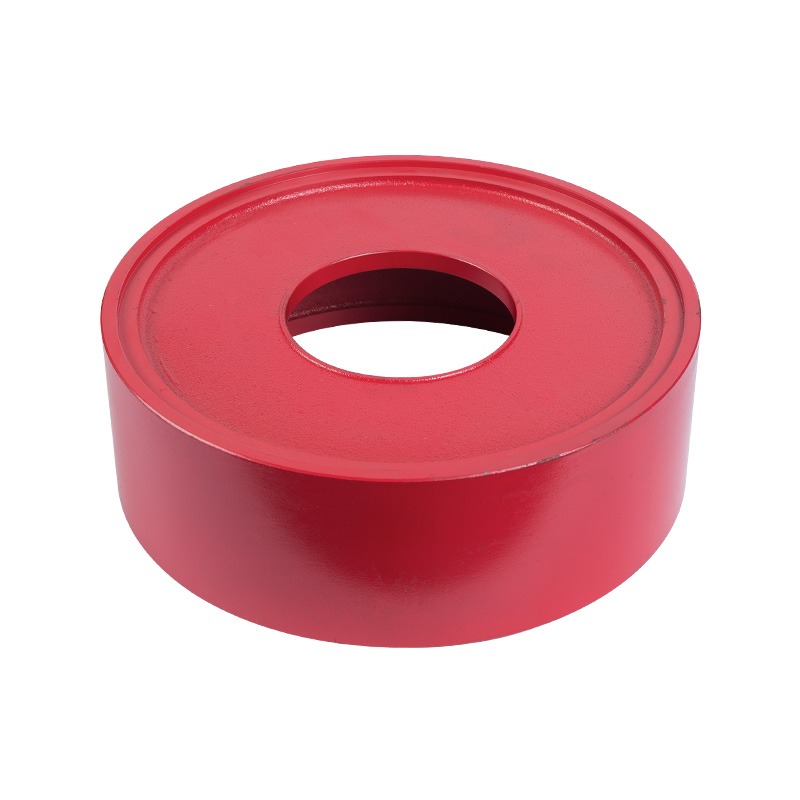
LG multi-stage pump middle section
Cat:LG Multi-stage Pump Accessories
The middle section is the main part of the pump body, responsible for ...
See Details -
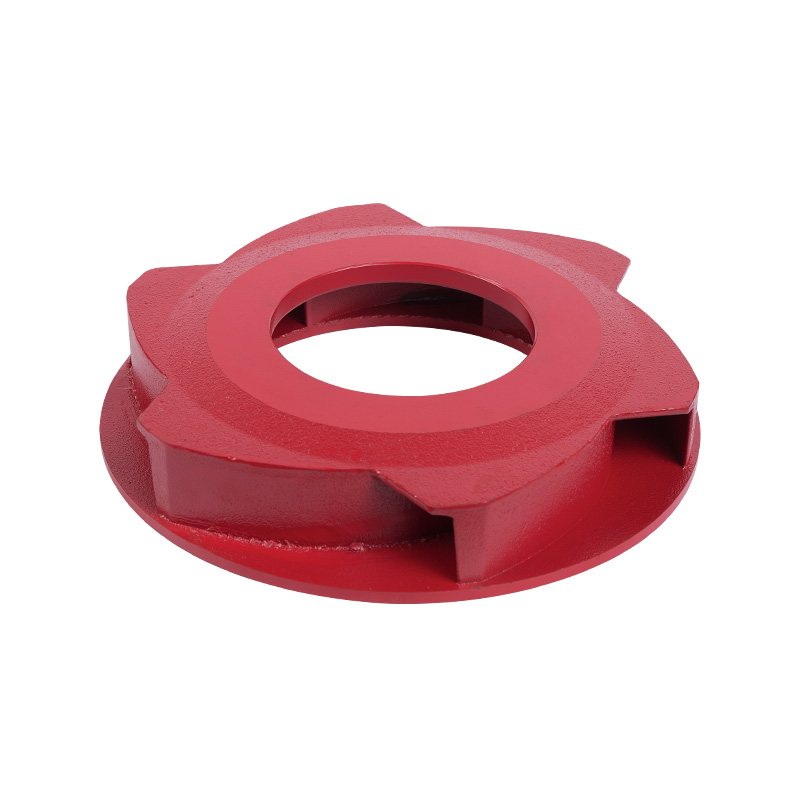
LG multistage pump cast iron impeller
Cat:LG Multi-stage Pump Accessories
Cast iron impeller is one of the key components of the pump, which pre...
See Details -
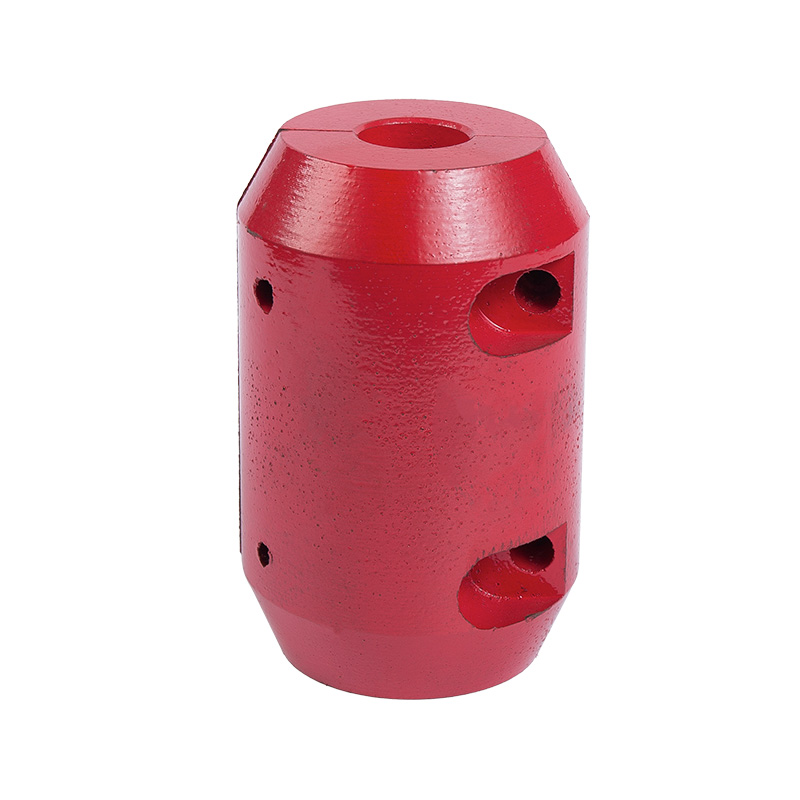
LG multi-stage pump coupling
Cat:LG Multi-stage Pump Accessories
Couplings are used to connect the pump shaft to the motor shaft for en...
See Details -
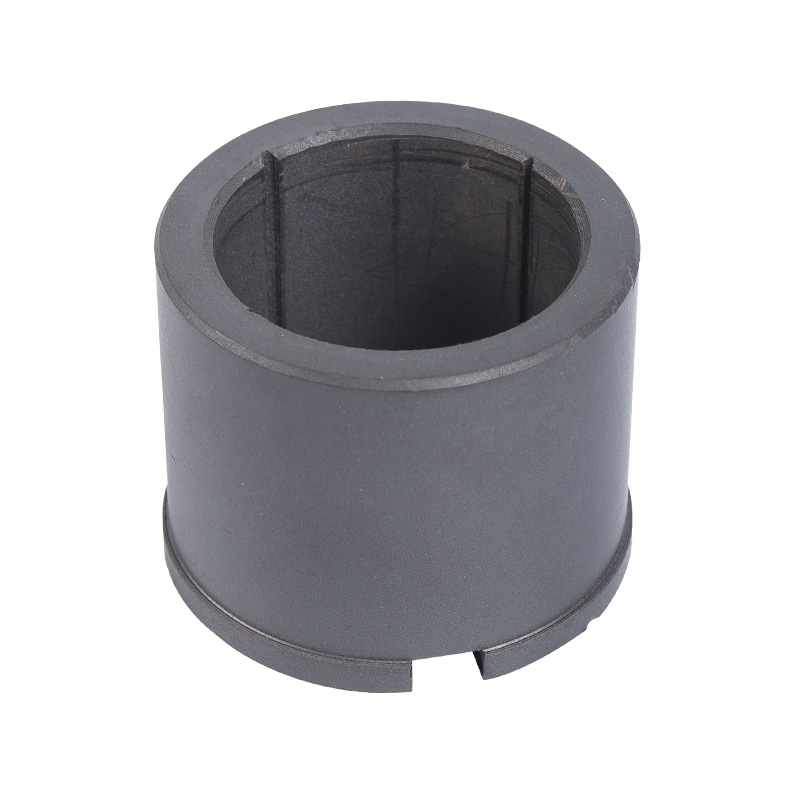
LG multi-stage pump water bearing
Cat:LG Multi-stage Pump Accessories
Water bearings are a special type of bearings commonly used in multi-s...
See Details
- TD High-efficiency And Energy-saving Circulating Pump
- TD High-efficiency And Energy-saving Circulating Pump Accessories
- Pipeline Pump
- Pipeline Pump Accessories
- Sewage Pump
- Sewage Pump Accessories
- LG Multi-stage Pump
- LG Multi-stage Pump Accessories
- Cooling Tower Circulation Pump
- Electric Motor
- Electric Motor Accessories
-

+86-0563-2251312
-

+86-0563-2251311
-

+86-139 6620 0379
-

-

No.43 Guohua Road, Guangde Economic Development Zone, Xuancheng City, Anhui Province, China

